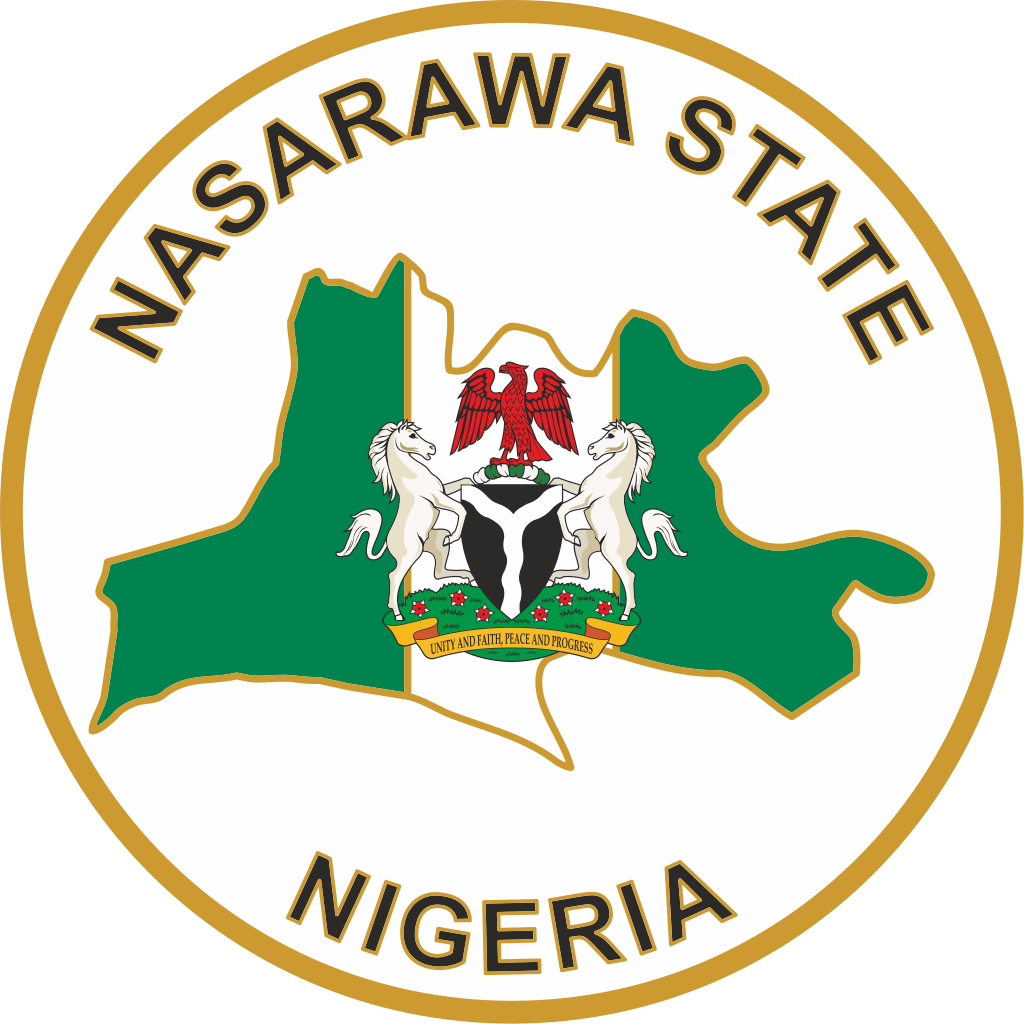By Abigail Philip David
Nigeria’s private sector faced mounting challenges in November 2024, as inflationary pressures intensified due to the depreciation of the naira and rising fuel prices, according to the latest Purchasing Managers’ Index (PMI) report by S&P Global.
Released on Monday, the report highlighted how these factors pushed input costs higher, curtailed purchasing activity, and hindered growth across multiple industries.
The PMI for November was recorded at 49.6, indicating a slight decline in private-sector performance compared to October’s 46.9. While new orders showed modest recovery and output contraction softened, businesses continued to grapple with elevated price pressures.
“The less severe decline in business conditions was partly due to a rebound in new orders, though high prices still discouraged many customers,” the report stated.
Employment levels dropped for the first time in seven months, signaling the end of a brief period of job creation. This reduction in staffing was particularly pronounced in the services sector, as businesses struggled to manage escalating costs.
“The inflationary environment has placed significant pressure on businesses, with some unable to retain their workforce,” the report added.
Sector-specific data showed mixed results. While agriculture and manufacturing experienced growth in output, sectors such as wholesale, retail, and services saw declines.
Companies reported sharp increases in purchasing costs, driven by higher fuel and raw material prices, coupled with the ongoing weakening of the naira. “Input costs are rising at an alarming rate, forcing us to make difficult decisions to stay afloat,” one business reported.
Staff costs also surged, as companies provided additional support to employees coping with increased transportation and living expenses. To manage rising input costs, businesses raised output prices substantially, exacerbating the already subdued demand environment. Many firms scaled back on purchasing and inventories, with some reducing operations altogether.
Despite these challenges, some businesses remained hopeful. “We are optimistic that strategic investments and planned expansions will better position us in the coming months,” said one business owner.
However, the report also pointed to record-low business confidence, reflecting ongoing concerns over inflation and an uncertain economic landscape.
On a more positive note, supplier delivery times improved due to better road conditions, prompt payments, and competitive vendor dynamics. Yet, these improvements did little to ease the broader difficulties confronting Nigeria’s private sector.
“The road to recovery will require addressing deep-rooted issues like currency instability and rising energy costs,” the report concluded.





